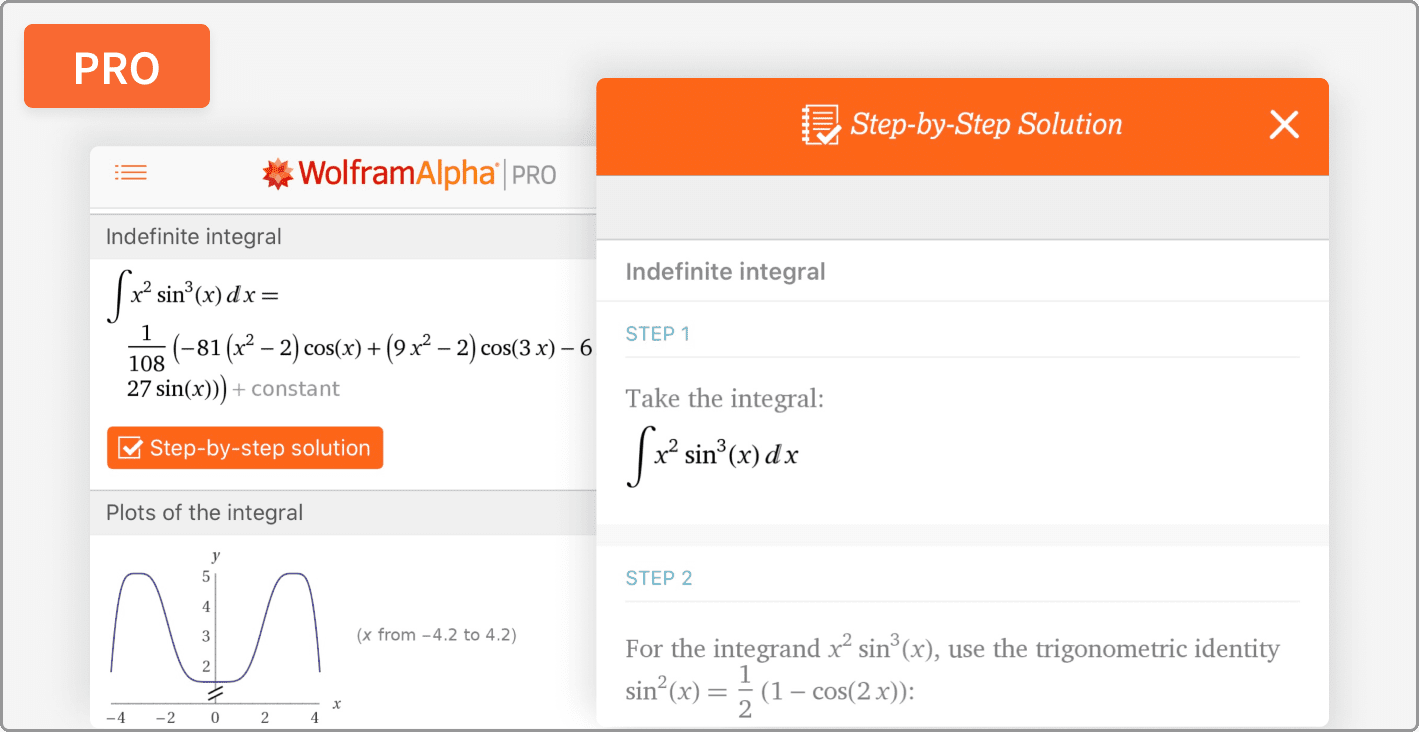Blockchain technology stands out in today’s rapidly shifting tech landscape as an unprecedented innovation, revolutionizing how industries manage and protect data. While digital currency transactions were blockchain’s initial purpose, its application has spread into other markets such as finance, healthcare and supply chain management.
With the blockchain market value projected to surge from $20.1 billion in 2024 to an astounding $248.9 billion by 2029, demand for expert blockchain developers is set to surge exponentially. In this article, we outline essential skills and knowledge for entering this highly rewarding field, offering an exciting journey full of education, creativity and endless possibilities.

Understanding Blockchain Protocols
To excel in blockchain development, it’s crucial to start by grasping the essential protocols that run blockchain systems. These protocols are the basic guidelines and methods that manage how data is kept, checked, and shared across the network. Adhering to these protocols is what keeps the blockchain reliable and secure.
A key protocol you need to understand is the Inter-Blockchain Communication (IBC) protocol. This blockchain protocol is central to allowing different blockchain systems to exchange information. By understanding IBC, you will be able to craft applications that function smoothly across various blockchains, improving how they cooperate while expanding what can be accomplished with blockchain tech. You’ll be able to achieve excellence as a blockchain developer by making sure you understand blockchain protocols.
Learning Programming Languages
A key aspect of blockchain development is knowing programming languages. Solidity is the dominant smart contract writing language on Ethereum; its syntax resembles JavaScript, making it easier for web developers.
In addition to Solidity, knowing JavaScript and Python can also be immensely valuable. JavaScript can help in building decentralized applications (dApps), while Python is an excellent scripting language for automating tasks across blockchain networks. Both languages can be learned online through resources, bootcamps, or tutorials designed to accommodate different levels.
Mastering Smart Contracts and Decentralized Apps
Smart contracts operate automatically, with the agreement details encoded directly into the programming. These contracts fulfill and carry out the terms once specific triggers are met. As someone who develops on the blockchain, your skills need to include crafting and launching these smart contracts effectively.
Decentralized applications involve creating programs that run on blockchain networks instead of traditional servers; this provides greater security, transparency, and protection from censorship. To be an expert at handling smart contracts and dApps effectively, you need a solid knowledge of the Ethereum Virtual Machine (EVM) process of running smart contract codes. Practice by coding your own smart contracts and testing them on various networks. Use platforms like Ethereum, Binance Smart Chain, and Polkadot, which are optimal for creating and experimenting with your dApps.
Exploring Development Tools and Frameworks
There are many tools and frameworks that make blockchain development easier. Knowing these tools is key to efficient development.
- Truffle: A framework with tools for writing, testing, and deploying smart contracts.
- Hardhat: A development environment with features like debugging and local blockchain testing.
- Ganache: Lets you create a personal Ethereum blockchain for testing and development.
Using these tools can speed up development and help catch issues early. Trying out different tools and frameworks will also make you a more versatile developer.
Engaging With Blockchain Communities
Being active in blockchain communities helps you stay updated with trends and technologies. These communities offer networking, knowledge-sharing, and collaboration opportunities.
- GitHub: Many blockchain projects are open-source here. Contributing to these projects provides practical experience and showcases your skills.
- Forums: Join discussions on Reddit, Stack Exchange, and Discord channels focused on blockchain development for insights, tips, and best practices.
Gaining Practical Experience
Experience is crucial when developing new skills. Internships at blockchain-focused companies provide invaluable hands-on learning with real projects. Many companies offer internship programs focused on innovative blockchain solutions.
Open-source projects offer another excellent way to gain experience. Contributing to existing projects or launching your own allows you to apply your knowledge practically. Hackathons also offer valuable learning experiences. These events create a competitive yet collaborative environment where you can work on blockchain projects alongside experienced mentors, honing both your skills and network connections.

Final Thoughts
The blockchain sector is always changing, making it essential to keep up with the latest updates and shifts. Commit to continual learning and adapt quickly to the fast-paced changes of this dynamic field. With strong commitment and steady effort, you can excel as a blockchain developer and play a part in crafting cutting-edge technology solutions for the future.








